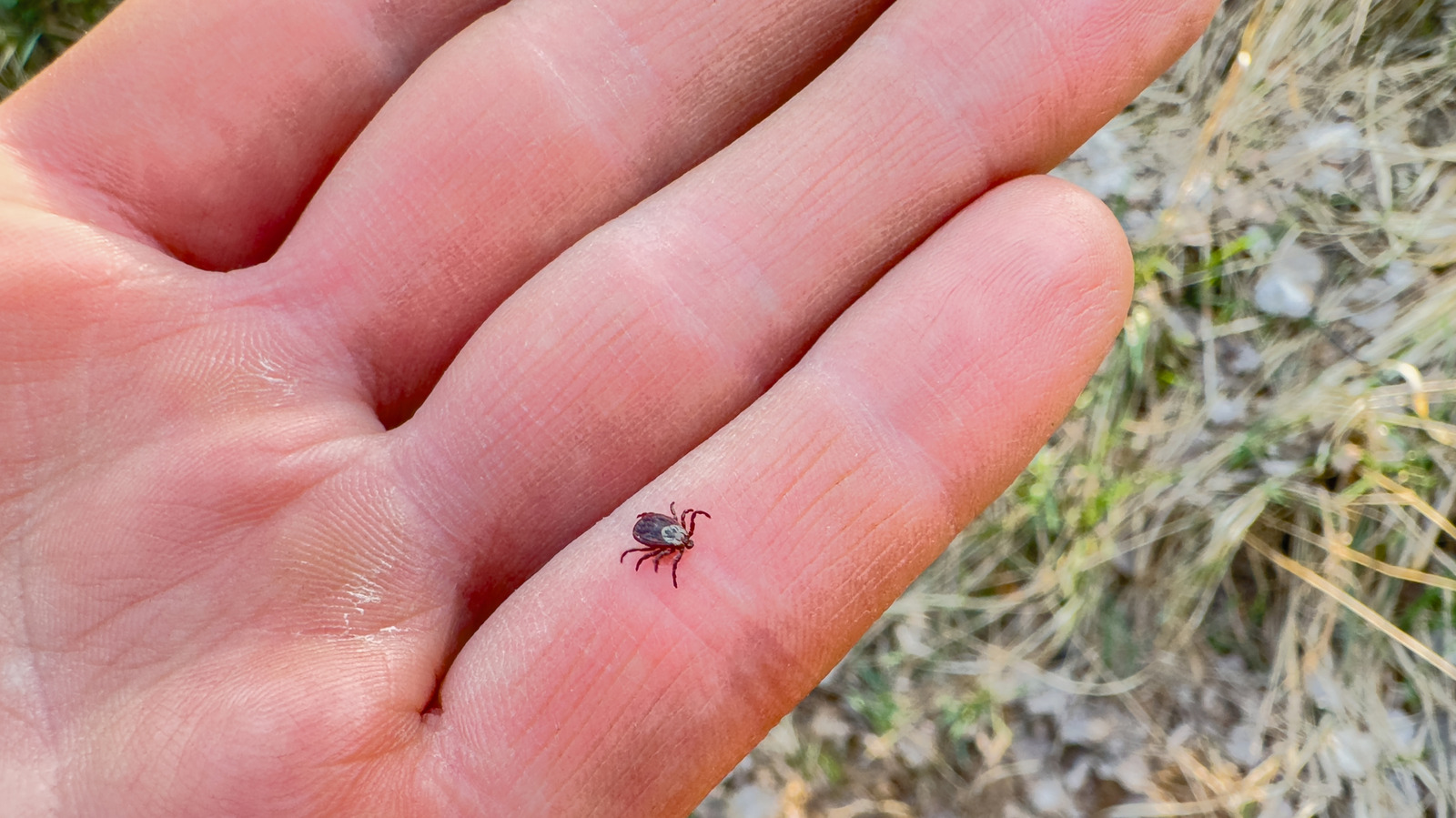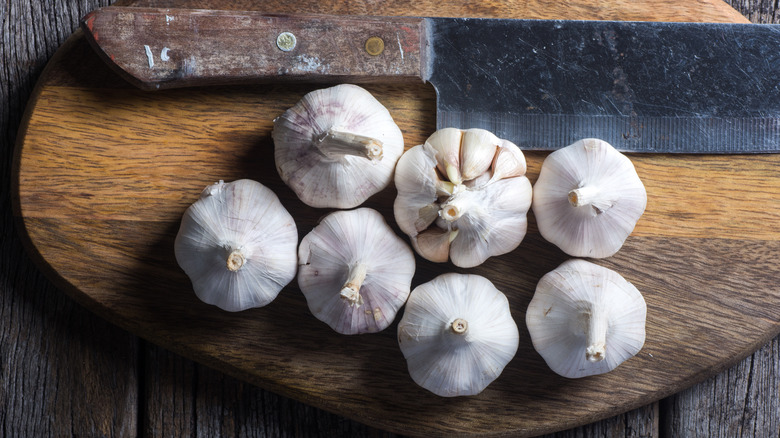When you go out to the garden to harvest some fresh herbs and tomatoes this summer, there’s an unwanted visitor you’ll want to protect yourself from: ticks. These parasitic arachnids become most active in warm weather and tend to hide out in tall grasses, weeds, and shrubs. It turns out the same pungent ingredient you toss into pasta and blend into aioli might help you enjoy your backyard without worry about bites. Garlic can serve as a surprisingly effective and natural tick repellent when turned into a simple oil spray.
Garlic contains sulfur compounds that are natural pest deterrents. Ticks dislike the scent of garlic, and while it won’t kill them, it has been shown to repel them. Compared to the chemical repellents like DEET and Permethrin, garlic is not as effective, but it is a more natural alternative. If you’re worried about being exposed to toxins from these chemical repellents, garlic is non-toxic, biodegradable, and made from a kitchen staple you probably already have on hand. If in a high-risk area for ticks, it’s wise to stick with the more heavy-duty repellents, but garlic can be used when risk is lower.
An oil made from garlic can be applied directly to your body. Or, take it a step further and spray it in your garden or areas in your backyard where you spend a lot of time. Planting garlic in your garden not only gives you the freshest, most pungent cloves, but these plants also repel ticks.
How to make garlic oil repellant
A DIY garlic oil can be made by mincing or crushing cloves and cooking them in a neutral oil like olive, sunflower, vegetable, or avocado. Don’t use your most expensive oil for this recipe! If using for the garden, go for something cheap, like sunflower or vegetable, and for the body, olive or avocado would work well. Garlic powder should not be substituted for fresh here because it is not as pungent.
The oil can be strained, cooled, and then added to a spray bottle so that it is easy to apply to the body or throughout the garden. It’s similar to making infused oil for salad dressing.
Be aware that garlic is not entirely odorless; your garden or body may carry a garlicky scent for a bit after spraying. That said, because the garlic has been cooked down, this will reduce some of the intensity. If worried about the garlic smell lingering, baking soda can help remove it from your hands or other parts of your body, like arms and legs. While garlic oil has an odor, so does DEET. The traditional repellent will have you smelling more chemical-y, while the natural option gives you more of a pasta-like perfume.






